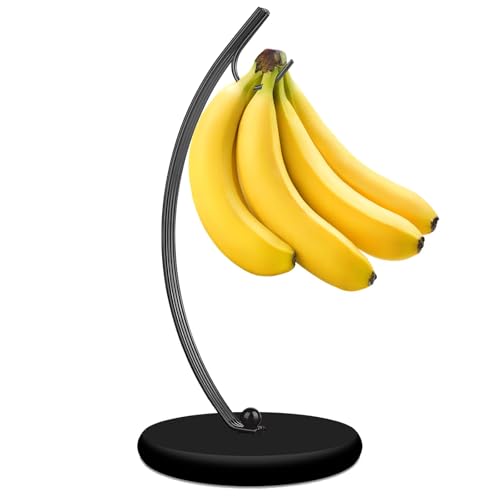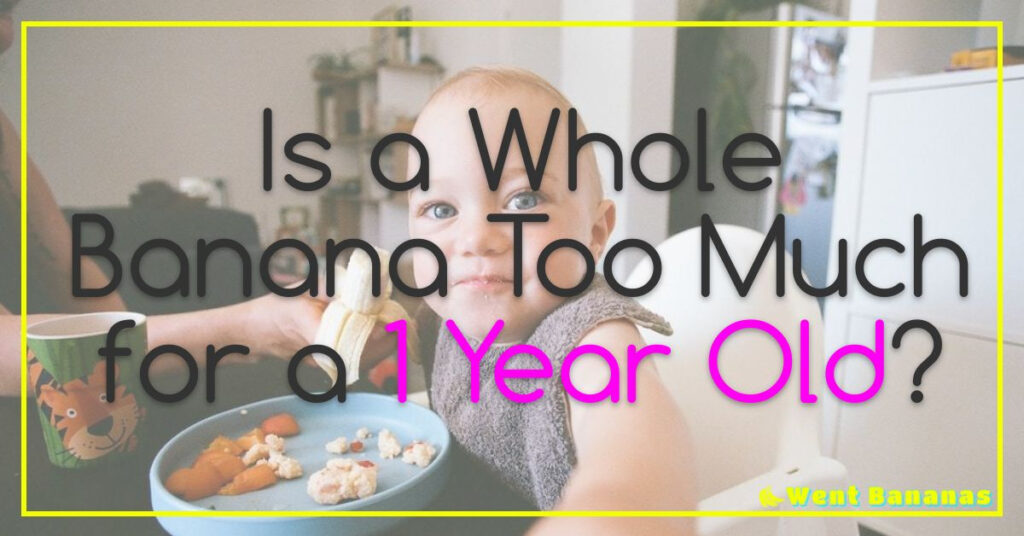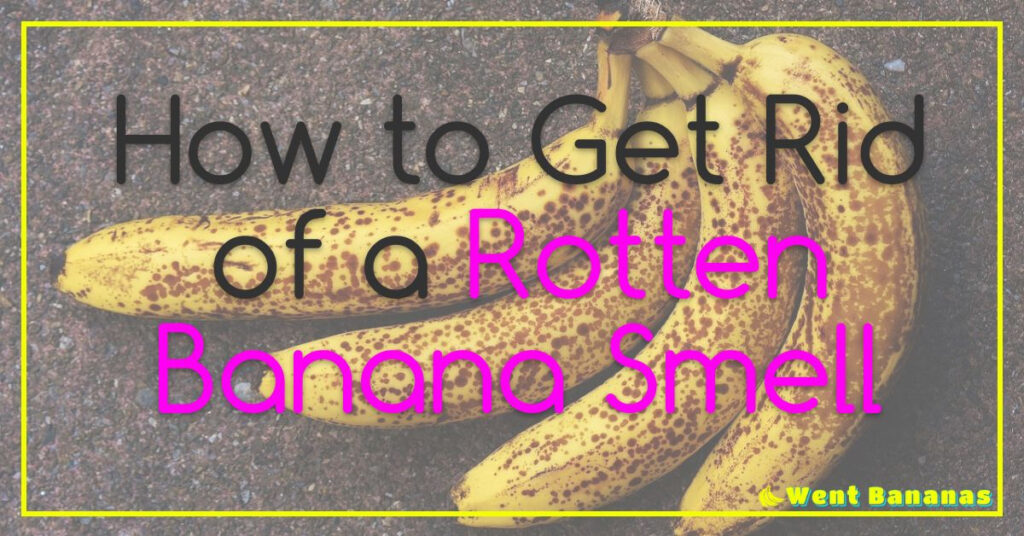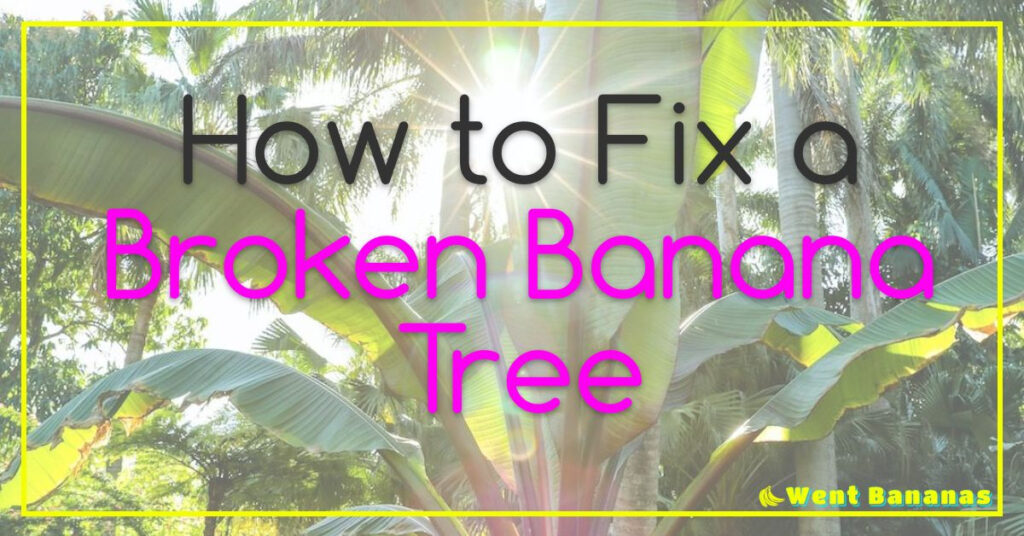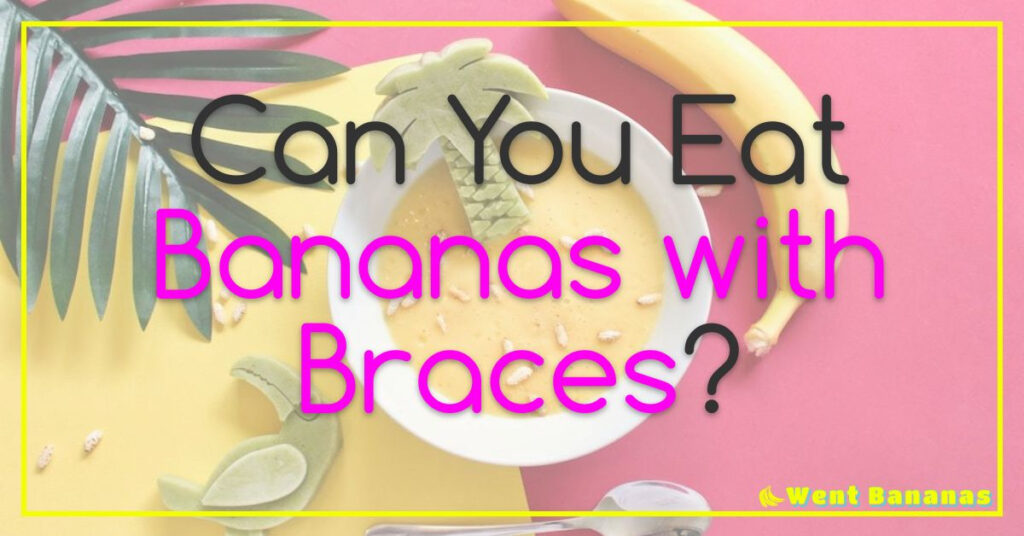Exploring the Debate: Are Bananas Really Vegan?
Are bananas vegan-friendly? This seemingly simple question has garnered a lot of attention and controversy in the vegan community. To understand whether bananas meet the criteria for being considered vegan, we need to first examine what it means for a food to be considered vegan, and then take a closer look at the nutritional value of bananas.
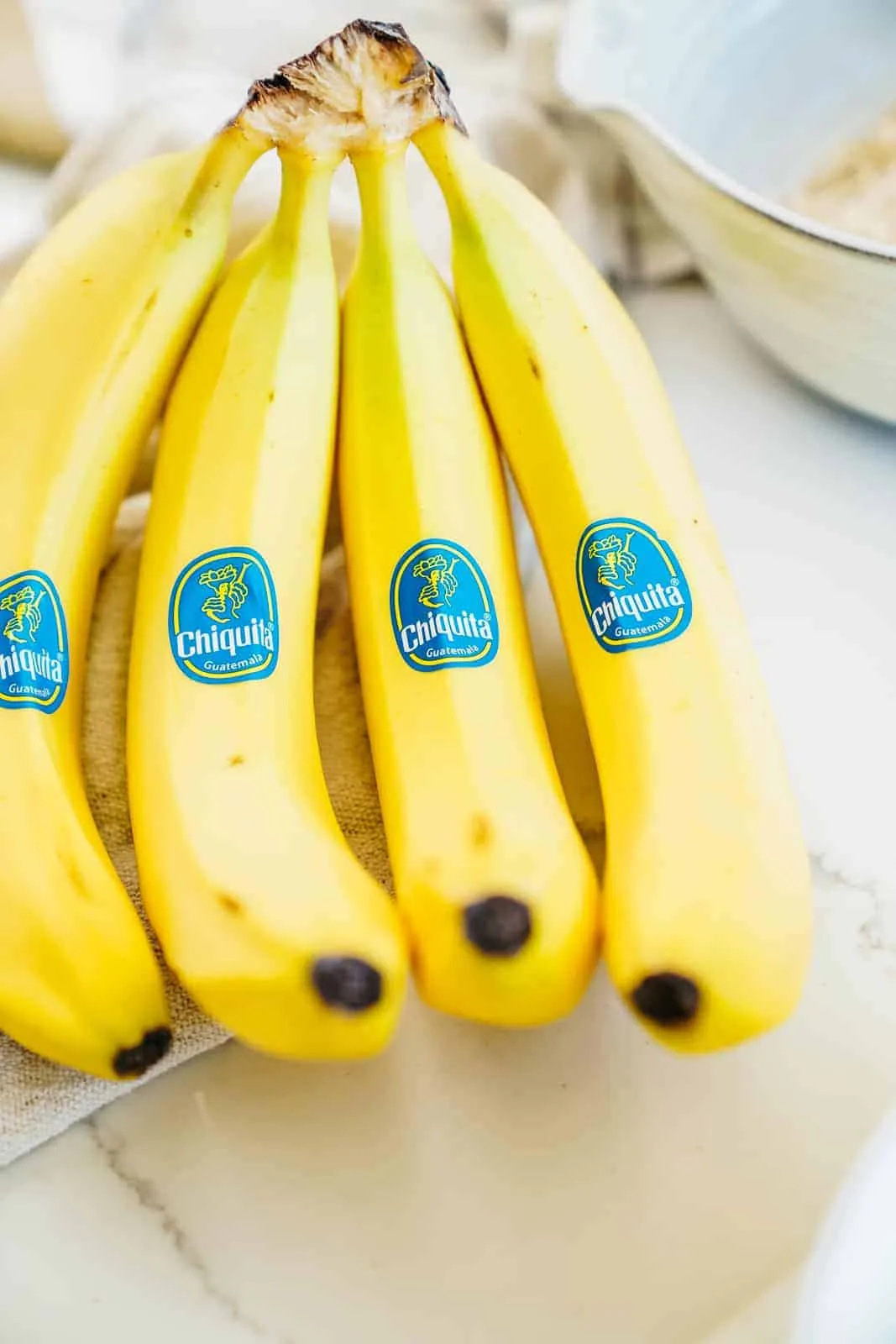
But it’s not just about the nutritional value. The production and industry surrounding bananas also have a role to play in the vegan status of this fruit. In this article, we’ll explore all aspects of the banana industry, controversies included, and provide our conclusion on whether bananas are truly vegan.
So, if you want to learn more about the truth behind bananas being vegan or not, keep reading!
What does it mean for food to be considered vegan?

When food is considered vegan, it means that it does not contain any animal products or byproducts. This includes meat, dairy, eggs, and even honey. For those who are looking to follow a vegan lifestyle, this means that they need to be mindful of what they consume and ensure that all of their food choices align with their values.
But being vegan goes beyond just the absence of animal products in food. It’s also about the ethical treatment of animals and the environment. Veganism is a lifestyle choice that extends beyond just what one eats; it’s about making conscious decisions in all aspects of life.
When it comes to bananas specifically, they are naturally vegan as they do not contain any animal products or byproducts. However, it’s important to note that some farming practices may not align with the values of vegans. For example, some banana plantations may use pesticides or fertilizers made from animal waste.
So while bananas themselves may be considered vegan-friendly, it’s important for those following a vegan lifestyle to research where their bananas come from and how they were grown. By doing so, individuals can make informed decisions about the foods they consume and ensure that their choices align with their values.
The nutritional value of bananas is high.
Bananas are a versatile and nutritious fruit that are packed with essential vitamins and minerals. From their high levels of potassium to their fiber content, bananas offer a wide range of health benefits for those who consume them.
One of the key nutritional benefits of bananas is their high potassium content. This mineral is essential for maintaining healthy blood pressure levels and supporting proper muscle function. Bananas also contain significant amounts of vitamin C, which supports immune system health and helps the body absorb iron more efficiently.
In addition to these important nutrients, bananas are also a great source of dietary fiber. Fiber is crucial for maintaining healthy digestion and preventing constipation. It can also help regulate blood sugar levels and reduce the risk of certain types of cancer.
Overall, incorporating bananas into your diet can provide many important nutritional benefits that can promote overall health and wellbeing. Whether you enjoy them as a snack or use them as an ingredient in your favorite recipes, there’s no denying that bananas are truly a superfood!
Do bananas meet the criteria for being vegan?
Bananas are a popular fruit consumed by many around the world, but the question remains: do they meet the criteria for being vegan? The answer is not as straightforward as one may think.
Firstly, bananas themselves are a plant-based food and thus do not contain any animal products. However, some vegans may be concerned about how bananas are grown and harvested. In some parts of the world, banana farming practices involve using animal-derived fertilizers or pesticides that could potentially harm animals or their habitats.

Additionally, there is debate over whether or not certain companies involved in banana production exploit workers and violate human rights. Some vegans argue that buying bananas from these companies goes against their ethical beliefs.
On the other hand, others argue that consuming bananas can actually support veganism by promoting a plant-based diet and reducing demand for animal products. Furthermore, many farmers use sustainable farming practices to grow bananas without harming animals or their environments.
Ultimately, whether or not bananas meet the criteria for being vegan is up to individual interpretation based on personal values and beliefs. It is important to consider where our food comes from and how it affects both animals and humans in our quest for ethical consumption choices.
The controversies surrounding the banana industry are numerous.
The banana industry is no stranger to controversy, with a long history of issues ranging from environmental concerns to labor abuses. While many consumers may not be aware of these problems, it is important for those interested in bananas to understand the complexities of this industry.
One major issue facing the banana industry is the use of pesticides and other chemicals. Many banana plantations rely on these substances to maintain high yields and protect against pests, but they can have serious health and environmental consequences. For example, workers who handle these chemicals may experience respiratory problems and other health issues.
Another concern is the impact of large-scale banana production on local ecosystems. The monoculture practices used by many plantations can lead to soil depletion and loss of biodiversity, as well as water pollution from runoff.

« can banana cause acne
how to get banana pudding in stardew valley »
In addition to environmental concerns, there are also significant social justice issues associated with the banana industry. Labor abuses such as low wages and poor working conditions have been reported on many plantations around the world.
Despite these controversies, bananas remain one of the most popular fruits worldwide. As consumers become more aware of these issues, there has been a growing movement towards sustainable and ethical sourcing practices in the banana industry.
By supporting companies that prioritize environmental stewardship and fair labor practices, consumers can help drive positive change in this complex global supply chain. Ultimately, greater awareness about the challenges facing the banana industry can help promote more responsible consumption habits among those who love this beloved fruit.
Conclusion and final thoughts on whether bananas are vegan?
In conclusion, the question of whether bananas are vegan is a complex and nuanced one. While some argue that the use of pesticides in banana cultivation and transportation may make them non-vegan, others point out that these same practices are used in the production of many other plant-based foods.
Ultimately, it is up to each individual to decide for themselves whether they consider bananas to be vegan or not. However, it is important to remember that the vegan movement is about more than just what we eat – it encompasses a whole way of living that seeks to minimize harm to animals and the environment.
As such, while we may debate the specifics of whether bananas meet certain criteria for being considered vegan, we should also be mindful of our broader impact on the world around us. Whether through supporting sustainable agriculture practices or advocating for animal rights, there are many ways we can work towards creating a more ethical and compassionate society as a whole.
So while the question of whether bananas are truly vegan may never be fully resolved, what matters most is our willingness to engage with these issues thoughtfully and critically – both in our diets and beyond.
Check out our other articles to find out even more about banana.
As we’ve seen, bananas are a nutritious and vegan-friendly option for those looking to enjoy this delicious fruit. It is important to take into consideration its farming process when deciding whether or not you feel comfortable consuming them.
Overall, it is clear that bananas fit the criteria of being considered “vegan” according to most definitions; however, there are some nuances in terms of sourcing and ethical considerations that should also be taken into account. To learn more about veganism and other related topics surrounding food consumption, check out our other articles to find out even more about banana!



